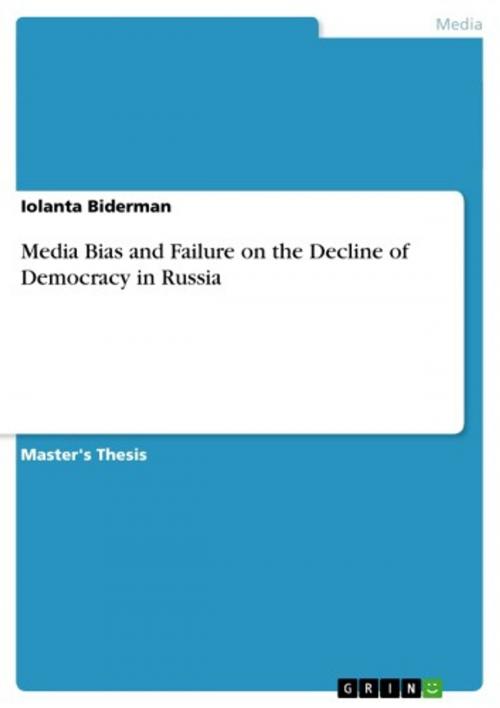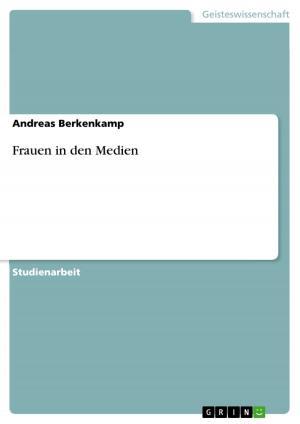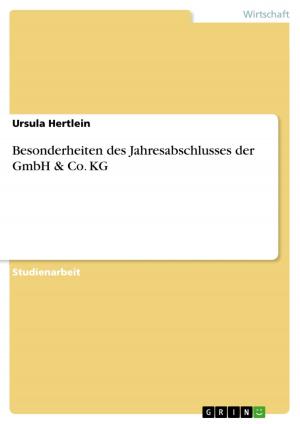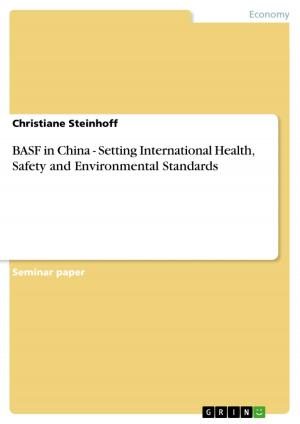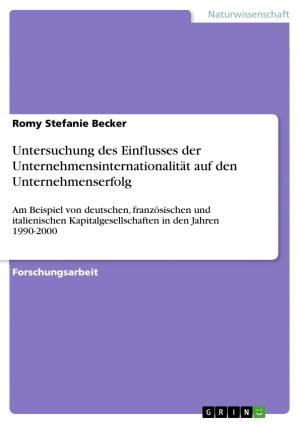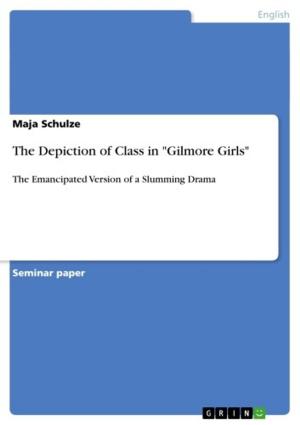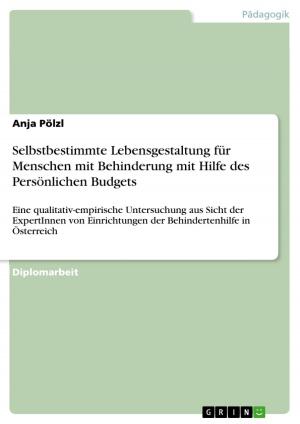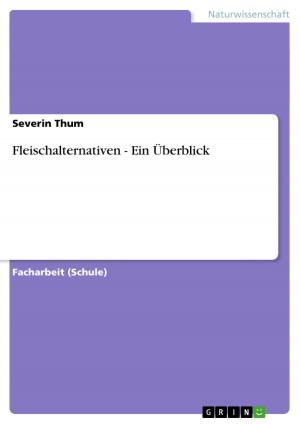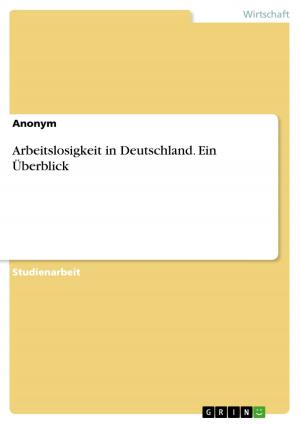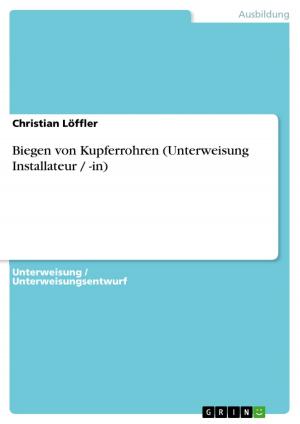Media Bias and Failure on the Decline of Democracy in Russia
Nonfiction, Reference & Language, Language Arts, Communication| Author: | Iolanta Biderman | ISBN: | 9783656078029 |
| Publisher: | GRIN Verlag | Publication: | December 7, 2011 |
| Imprint: | GRIN Verlag | Language: | English |
| Author: | Iolanta Biderman |
| ISBN: | 9783656078029 |
| Publisher: | GRIN Verlag |
| Publication: | December 7, 2011 |
| Imprint: | GRIN Verlag |
| Language: | English |
Master's Thesis from the year 2010 in the subject Communications - Media and Politics, Politic Communications, grade: A, City University of New York Brooklyn College, course: Analysis of media information in Russia and the West, language: English, abstract: There is a common view among Western scholars, politicians, and media professionals that Russia continues to be an authoritarian state, due to its history, and that it has recently begun to stray away from democratic processes or even slide back into moderate totalitarianism. Even worse, The Freedom House report (2009) ranked Russia one of the world's most repressive societies, putting it next to Rwanda. However, this and other reports present a distorted picture of democratic development in Russia, which reflects conflicting views between the Western and Russian understanding and measurement of democratic and non-democratic media systems, press pluralism, ownership structures, relative autonomy from the state, negative and positive control of press content, the role of ideology, and the legal frame that protects freedom of speech.
Master's Thesis from the year 2010 in the subject Communications - Media and Politics, Politic Communications, grade: A, City University of New York Brooklyn College, course: Analysis of media information in Russia and the West, language: English, abstract: There is a common view among Western scholars, politicians, and media professionals that Russia continues to be an authoritarian state, due to its history, and that it has recently begun to stray away from democratic processes or even slide back into moderate totalitarianism. Even worse, The Freedom House report (2009) ranked Russia one of the world's most repressive societies, putting it next to Rwanda. However, this and other reports present a distorted picture of democratic development in Russia, which reflects conflicting views between the Western and Russian understanding and measurement of democratic and non-democratic media systems, press pluralism, ownership structures, relative autonomy from the state, negative and positive control of press content, the role of ideology, and the legal frame that protects freedom of speech.
